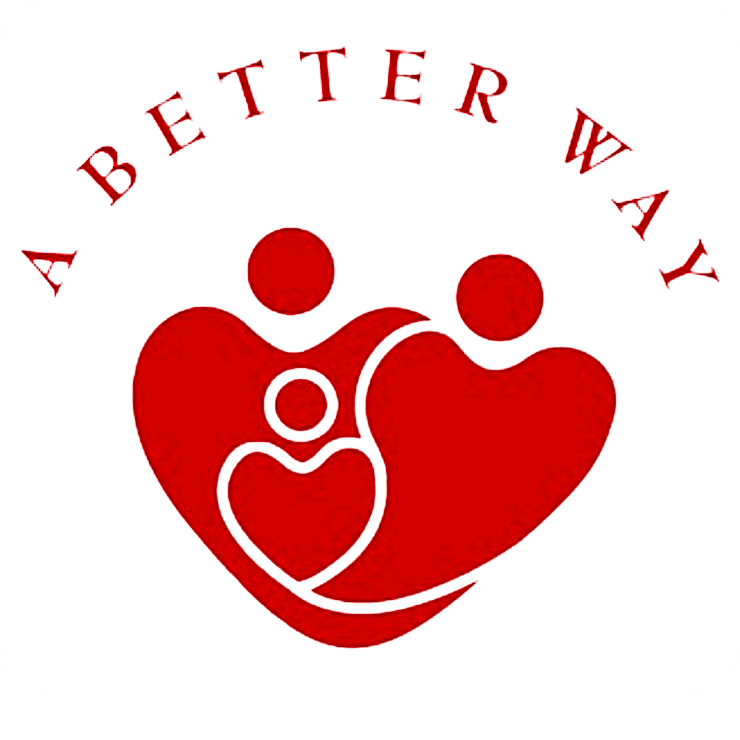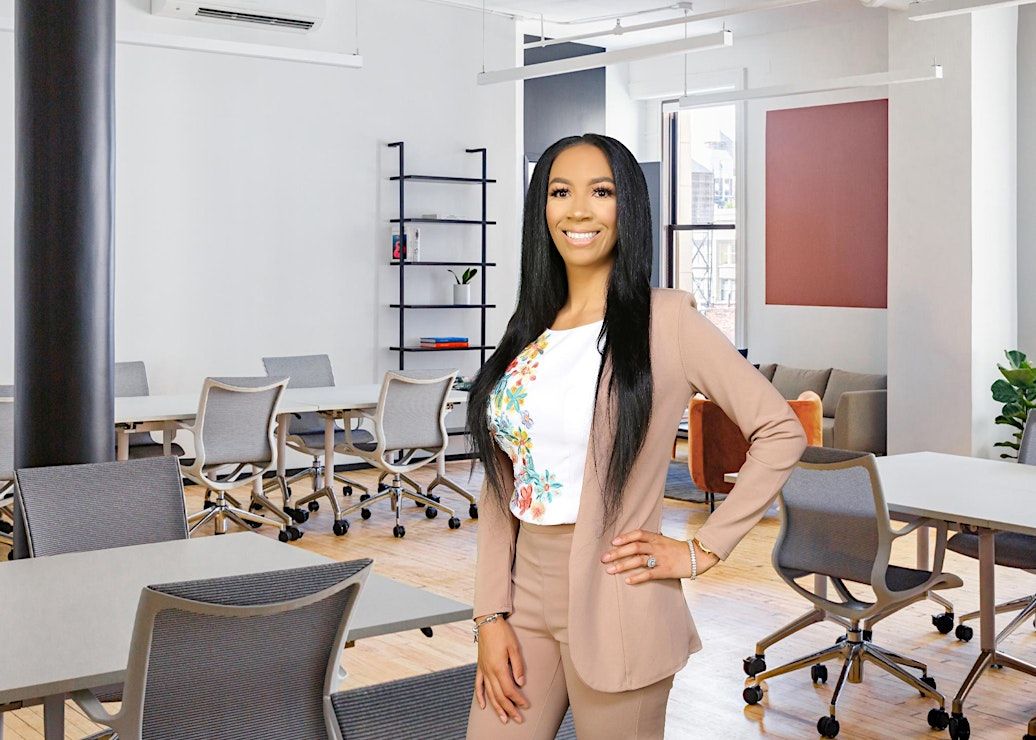
About this Event
Trainer: Dr. Marya Wright, DSW, MSW
Date: May 2, 2025
Time: 9:15am - 3:15pm
Location: Virtual – Zoom
Agency: A Better Way Inc.
Participants must complete registration via the A Better Way Inc. website in order to gain full access to the training course.
COMPLETE REGISTRATION HERE:
A Better Way is approved by the California Association of Marriage and Family Therapists to sponsor Continuing Education for LCSW, LMFT, LPCC, LEP (62361). This course meets the qualifications for Continuing Education credit for LMFTs, LCSWs, LPCCs, and/or LEPs as required by the California Board of Behavioral Sciences. A Better Way maintains responsibility for this program/course and its content.
Please email the training department at [email protected] for further assistance.
This introductory course is designed to foster a deep understanding of neurodiversity and equip participants who work with system-impacted families and youth with practical strategies for promoting inclusivity and advocating for the rights of neurodiverse individuals. This course will delve into the diverse spectrum of neurodiverse conditions, their impact on various environments, and the significance of creating accommodating spaces that celebrate differences. Through interactive sessions, case studies, and practical exercises, participants will gain valuable insights and tools to create an inclusive and supportive environment for neurodiverse individuals in their communities, workplaces, and educational institutions. The material will be delivered by PowerPoint presentation, short video clips, group discussion, breakout (small group) discussions and participant workbook (handout).
Exhibit an awareness of best practices for advocating neurodiversity, including strategies for addressing stigmas and promoting a culture of acceptance and respect.
Access and utilize various resources and support networks available for individuals, families, and professionals dealing with neurodiverse conditions, thereby contributing to a more supportive and inclusive society.
1.) Understand the concept of neurodiversity and recognize the diversity within the spectrum of neurodiverse conditions. 2.) Identify the challenges faced by neurodiverse individuals in different settings, including educational environments and workplaces. 3.) Acquire at least 2 practical strategies for creating inclusive environments through the implementation of universal design principles and tailored communication techniques. 4.) Develop at least 2 tools for creating inclusive environments for neurodiverse system-involved youth clients.



Event Venue
Online
USD 0.00











